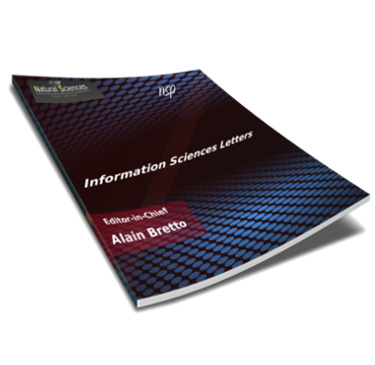
Information Sciences Letters
Abstract
The study aimed to reveal the effectiveness of using experiential learning in teaching science to develop the concepts of the United Nations goals for the principles of sustainable development by 2030 and raise awareness of them among sixth-grade students. The study employed a semi-experimental approach with two groups: an experimental group (20 students) who were taught using the developed unit, and a control group (20 students) who were taught using the prescribed unit from the regular curriculum. The groups were intentionally selected to ensure cooperation and ease of implementing the experiment on the sample. The tools used included the preparation of an achievement test for the concepts of the United Nations Development Goals. The results of the study showed a statistically significant difference, at a level of significance (α ≤ 0.05), between the mean scores of the control and experimental groups in the application of the achievement test and the awareness scale, favoring the experimental group. This indicates the effectiveness of the developed unit. The study also recommended conducting further research to incorporate experiential learning into science curricula and suggested that decision-makers at the Ministry of Education include the United Nations Sustainable Development Goals 2030 in science curricula.
Recommended Citation
A. Al-Hazmi, D.
(2023)
"The Effectiveness of Experiential Learning on SDGs Awareness in Saudi Sixth Graders,"
Information Sciences Letters: Vol. 12
:
Iss.
9
, PP -.
Available at:
https://digitalcommons.aaru.edu.jo/isl/vol12/iss9/5

